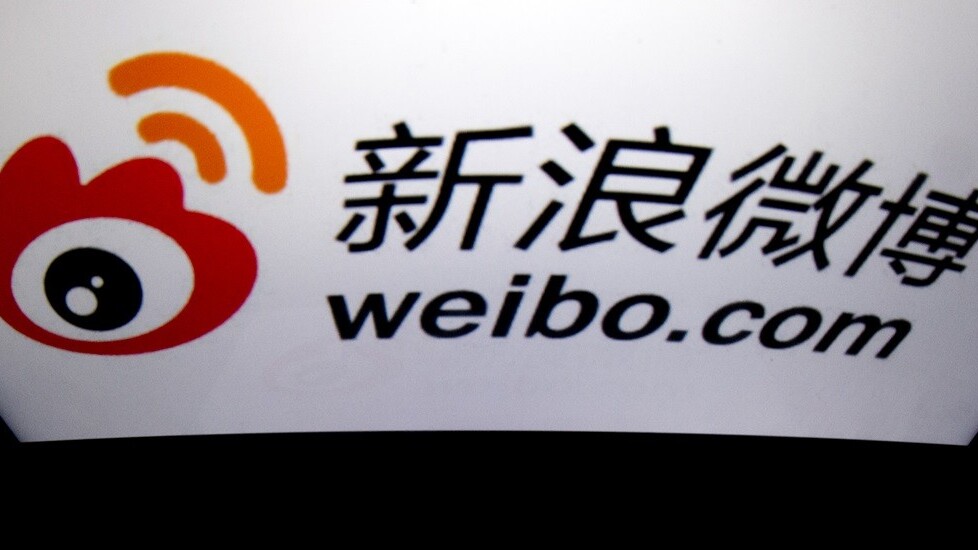
Weibo, the microblogging firm known as ‘China’s Twitter,’ made a less than impressive public bow on the US markets after raising $286 million in an initial public offering in New York on Wednesday.
Weibo’s decision to list in the US excited many analysts at the time, thanks to a combination of comparisons with Twitter, the backdrop of a number of impending China tech IPOs, and Facebook’s acquisition of WhatsApp for $19 billion.
The initial listing has arguably failed to live up to that billing, however. Shares were sold for $17, which is at the bottom end of the firm’s valuation, while Weibo sold 16 percent fewer shares than it had anticipated, as The Wall Street Journal reports. The listing values the company at $3.46 billion, which many still feel is excessive — however there are still plenty of positives for Weibo.
In one word: Alibaba. The e-commerce juggernaut is lining up a US IPO of its own, and one that might value it at more than $150 billion. Alibaba bought 18 percent of Weibo for $586 million last year, and it upped its stake to 32 percent during the listing process this week.
Alibaba has already integrated its payment service into Weibo, and it will be interesting to watch how further integrations play out. Though Alibaba dominates e-commerce in China, rival Tencent is increasing its focus on e-commerce leveraging on its popular messaging service WeChat. It has backed Alibaba rival JD.com and integrated payments into WeChat, signalling its intention to increase its focus on e-commerce.
It remains to be seen exactly what Alibaba’s end goal with Weibo is — and why it didn’t buy it outright — but it is likely to be a key pillar in strengthening its business on social media and mobile. That can only be good for Weibo.
WeChat has been a continual concern for Weibo. The messaging app isn’t subject to the same government-backed censorship rigors that public sites like Weibo are, and that’s thought to have led to Weibo users spending less time on the microblogging site. However, WeChat — for all of its plaudits — still isn’t public-facing and, when it comes to public social networks, Weibo is king in China.
Weibo has beaten off Tencent Weibo and Facebook-like Renren in recent times. It remains a go-to platform for Chinese Internet users and accounted for 143.8 million monthly active users as of March this year.
Weibo reportedly monetizes users at half the value that Twitter does — in fact, its most recent financials this week saw its losses widen — but, in a country where Twitter is banned, it stands tallest in its space and has the support of a major Internet player. Those may not be qualities that the markets want right now, but they do mean that Weibo’s future may not be quite as bleak as some as suggesting.
In its prospectus, Weibo laid out its intention to use its listing to grow outside of urban areas and into more rural parts of China.
That growth is important. WeChat is expanding its wings globally — with 355 million active users worldwide — while Weibo is sticking to being a service for Chinese people. The big question is whether the company can find enough growth within that focus.
Image via LIONEL BONAVENTURE/AFP/Getty Images
Get the TNW newsletter
Get the most important tech news in your inbox each week.





